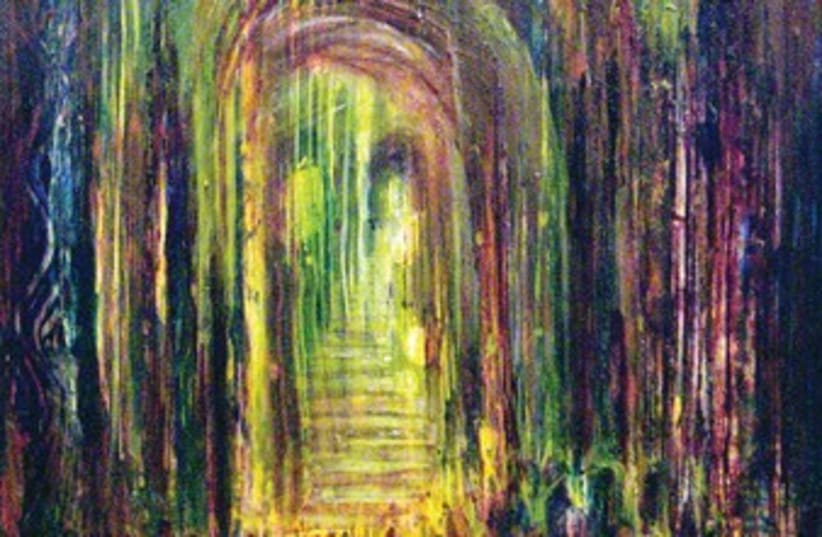Shabbat shalom
The writer is the founder and chancellor of Ohr Torah Stone colleges and graduate programs, and chief rabbi of Efrat.
Parashat Hayei Sarah: Of people, graves, and burials
"This is how the field and its cave became the noncontested property of Abraham as a burial site, purchased from the children of Heth," Genesis 23:20.
